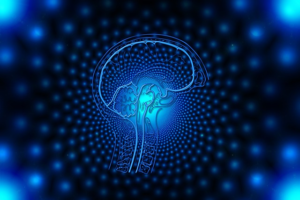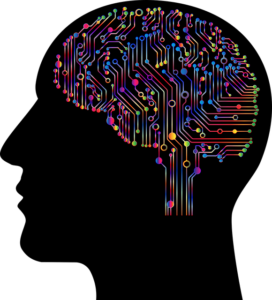Artificial Intelligence Could Help Detect Onset of Cardiovascular Disease – Genetic Engineering & Biotechnology News
Cardiovascular diseases are diagnosed using an array of laboratory tests and imaging studies. The primary part of diagnosis is medical and family histories of the patient, risk factors, physical examination, and coordination of these findings with the results from the tests and procedures. For the first time, researchers at the University of Utah (U of U) Health have demonstrated that …….

Cardiovascular diseases are diagnosed using an array of laboratory tests and imaging studies. The primary part of diagnosis is medical and family histories of the patient, risk factors, physical examination, and coordination of these findings with the results from the tests and procedures. For the first time, researchers at the University of Utah (U of U) Health have demonstrated that artificial intelligence (AI) could help predict the onset and course of cardiovascular disease.
Their findings are published in the journal PLOS Digital Health in a paper titled, “An explainable artificial intelligence approach for predicting cardiovascular outcomes using electronic health records.” The researchers collaborated with physicians from Intermountain Primary Children’s Hospital.
“Understanding the conditionally-dependent clinical variables that drive cardiovascular health outcomes is a major challenge for precision medicine,” the researchers wrote. “Here, we deploy a recently developed massively scalable comorbidity discovery method called Poisson binomial based comorbidity discovery (PBC), to analyze electronic health records (EHRs) from the University of Utah and Primary Children’s Hospital (over 1.6 million patients and 77 million visits) for comorbid diagnoses, procedures, and medications.”
“We can turn to AI to help refine the risk for virtually every medical diagnosis,” said Martin Tristani-Firouzi, MD, the study’s corresponding author and a pediatric cardiologist at U of U Health and Intermountain Primary Children’s Hospital, and scientist at the Nora Eccles Harrison Cardiovascular Research and Training Institute. “The risk of cancer, the risk of thyroid surgery, the risk of diabetes—any medical term you can imagine.”
The researchers from U of U Health and Intermountain Primary Children’s Hospital used machine learning software to sort through more than 1.6 million EHRs after names and other identifying information were deleted.
These electronic records helped the researchers identify the comorbidities most likely to aggravate a particular medical condition such as cardiovascular disease. They used a form of AI called probabilistic graphical networks (PGM) to calculate how any combination of these comorbidities could influence the risks associated with heart transplants, congenital heart disease, or sinoatrial node dysfunction.
The researchers observed that those who had a prior diagnosis of cardiomyopathy were at 86 times higher risk of needing a heart transplant than those who didn’t. Those who had viral myocarditis had about a 60 times higher risk of requiring a heart transplant.
“Our results illustrate how multimorbidity networks provide explainable solutions for understanding the joint impacts of diagnoses, medications, and medical procedures on cardiovascular health outcomes,” the researchers wrote. “We emphasize that the necessarily brief results reported here hardly exhaust the contents of these machineries.”
The researchers believe their findings could eventually lead to a new era of personalized, preventive medicine. Doctors would proactively contact patients to alert them to potential ailments and what can be done to alleviate the problem.







